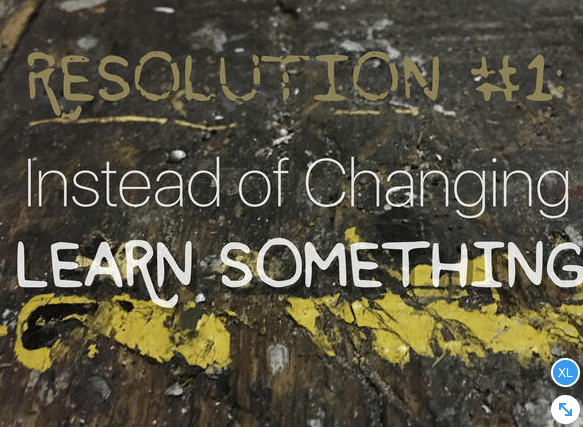Navigating Professional Growth: Mentor vs. Coach
Introduction
The roles of mentors and coaches are often discussed interchangeably, leading to confusion about their distinctive characteristics. Understanding the nuances between a mentor and a coach is crucial for individuals seeking guidance on their journey toward success. This blog aims to shed light on the fundamental differences between a mentor and a coach, emphasizing how each plays a unique role in shaping personal and professional growth.
Defining Mentorship
A mentor is typically an experienced individual who shares insights and advice based on their own journey in a particular field. This relationship is often informal, driven by a genuine desire to guide and nurture the mentee. Mentors draw from their wealth of experience, offering valuable perspectives and helping mentees navigate challenges by providing personalized advice.
Key Characteristics of a Mentor
- Experience-Driven Guidance: Mentors leverage their own experiences to provide real-world insights and practical advice.
- Long-Term Relationship: Mentorship often involves a more extended and enduring connection, allowing mentees to benefit from sustained guidance over time.
- Personal Connection: The mentor-mentee relationship is often built on a personal connection, with mentors offering support beyond professional matters.
Understanding Coaching
In contrast, coaching is a structured and goal-oriented process that empowers individuals to discover their solutions. Coaches facilitate self-discovery, helping clients identify and overcome challenges by asking powerful questions, providing frameworks, and offering accountability. Coaching is typically focused on the present and future, emphasizing personal and professional development.
Key Characteristics of a Coach
- Objective Facilitation: Coaches remain neutral and objective, guiding clients to find their own answers without imposing personal opinions.
- Structured Methodology: Coaching involves a systematic approach, often with defined goals, action plans, and measurable outcomes.
- Client-Centric Focus: The coaching relationship revolves around the client’s needs, fostering self-awareness and accountability for their decisions and actions.
Choosing the Right Path
While both mentors and coaches contribute significantly to personal and professional growth, the choice between the two depends on individual preferences, goals, and the stage of one’s journey. Some may benefit from the wisdom of a mentor, while others might thrive in the structured and empowering environment provided by a coach.
Conclusion
In the pursuit of excellence, individuals must recognize the distinctive roles of mentors and coaches. Whether seeking personalized guidance based on experience or a structured process for self-discovery, understanding these roles is essential. By embracing the unique contributions of mentors and coaches, individuals can craft a holistic approach to their personal and professional development, unlocking their full potential along the way.
Mentor vs. Coach: A mentor offers guidance based on their experience, while a coach helps clients discover their own solutions through structured methodology.







